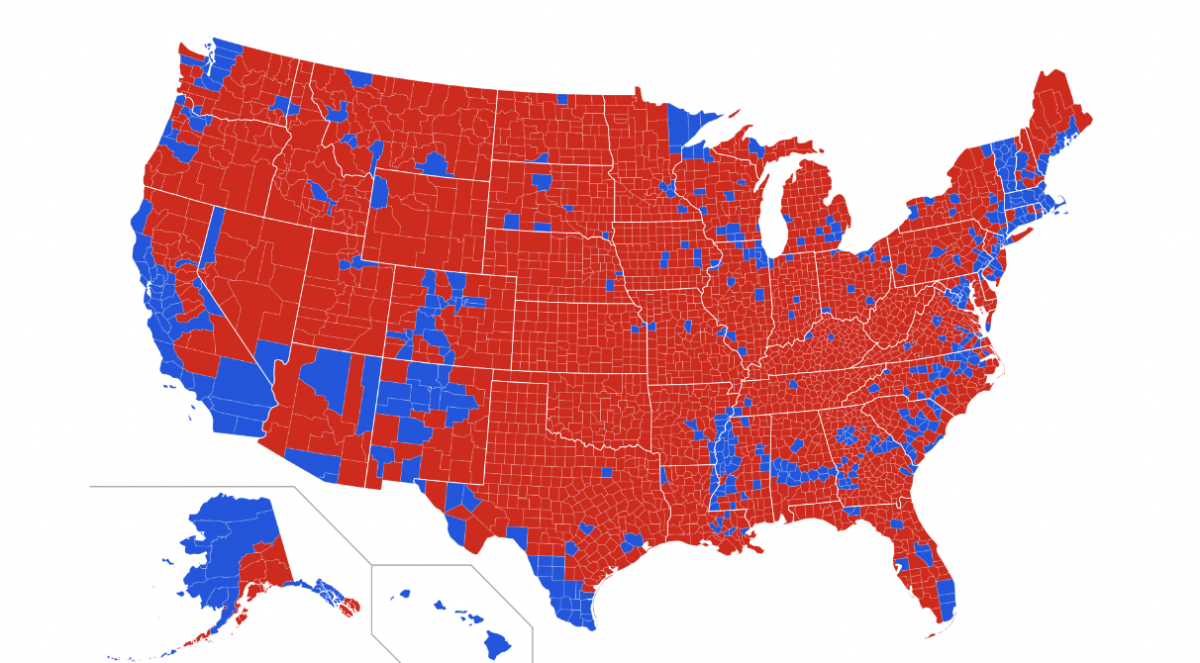Caroline Hearst
Reporter
Although President Obama’s efforts to end conflict and encourage diplomacy and nonviolence are in their early stages, his notable advances on a peace agenda merit the Nobel Peace Prize.
Publicly remarking on the award on October 9, Obama said, “I do not feel that I deserve to be in the company of so many of the transformative figures who’ve been honored by this prize,” conceding the improvements he has made in the vein of peace are small compared to those of former recipients like Nelson Mandela and Jimmy Carter.
Although his efforts to address the nuclear arms industry in several nations, slow global warming internationally, resolve the Israeli-Palestinian conflict and reconcile the United States and the Muslim world may not surpass the concrete changes instigated by past winners, this does not disqualify him from receiving the award.
Obama correctly noted, “Throughout history, the Nobel Peace Prize has not just been used to honor specific achievement; it’s also been used as a means to give momentum to a set of causes.” The purpose of this award, in this specific instance, is not so much to say, “Job well done” to Obama and his administration as, “Keep up the good work.”
Obama is a young president in the first year of his first term—he’s barely started to make the impact that will define his legacy. But his efforts, which already signify a new era in American politics, hold promise unmatched by any of the other Nobel nominees.
According to the five-person Norwegian Nobel Committee that selects the prize winner, Obama deserves the honor, “for his extraordinary efforts to strengthen international diplomacy and cooperation between peoples.”
Judging by his record, which includes the enactment of a Strategic Arms Reduction Treaty with Russian President Dmitri Medvedev, an address to the University of Cairo on relations between the United States and Islamic peoples, the creation of a Special Envoy for Sudan to address the Darfur genocide and an unprecedented trilateral meeting between the United States, Israel and Palestine, Obama has taken substantial steps to reconcile the United States and foreign countries and open dialogue on contentious topics.
Obama articulated his foreign policy philosophy most eloquently at his address to the University of Cairo.
“So long as our relationship is defined by our differences, we will empower those who sow hatred rather than peace, those who promote conflict rather than the cooperation that can help all of our people achieve justice and prosperity.”
What’s important is that Obama keep up the momentum and not allow this prestigious prize to distract from his peacekeeping ambitions. It is assuring that he called the prize in his remarks, “a call to action.”
Obama’s reaction to the award is reminiscent of the words of the late Sen. Edward Kennedy, “The work goes on, the cause endures, the hope still lives, and the dream shall never die.”
World peace is not yet achieved, and may never be completely realized, but as long as people are struggling toward that most universal of dreams, they deserve recognition.







